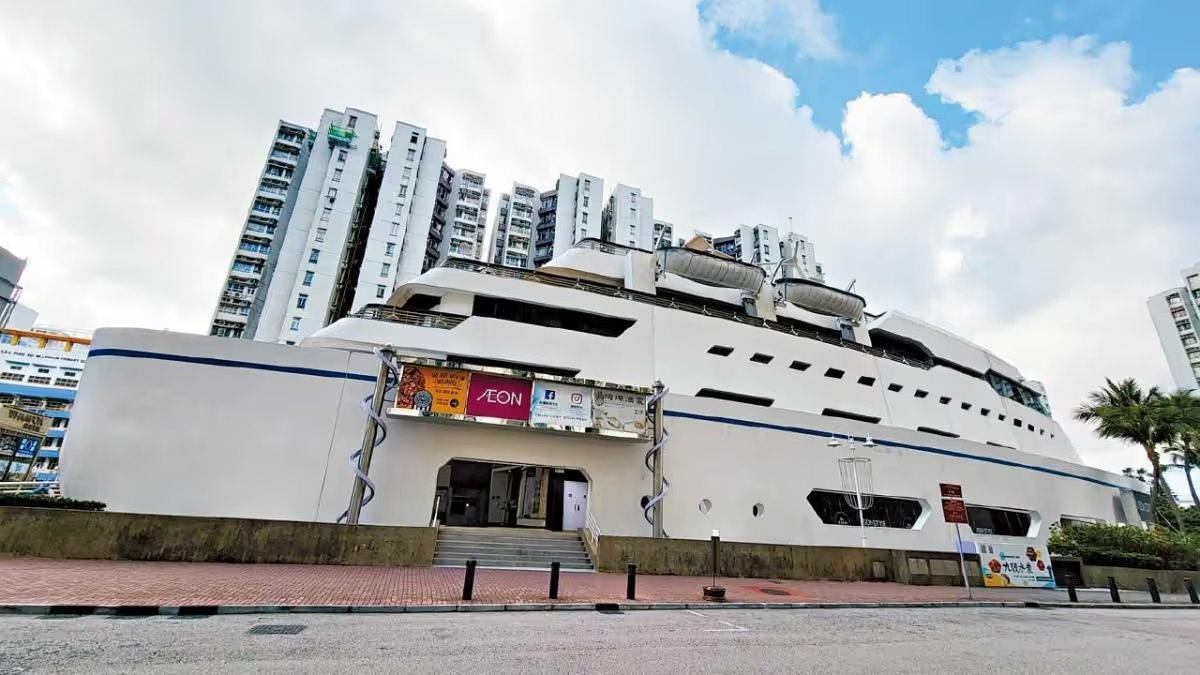
Hospital Authority high-level theft case (Part 2)
Hospital Authority high-level theft case (Part 2)
Hospital Authority high-level theft case (Part 2)
Published over 1 year ago
Before continuing to the next episode, let me briefly respond to some comments in the previous article. Some readers seem to have the misunderstanding that "only those who have money can break the law." What I want to express is instead: No matter whether you have money or not, as long as you break the law, you will be accused and face the same charges. Everyone is equal before the law. The important thing is to master the necessary "legal knowledge" and learn to protect your own rights and interests. For example, tracking more excellent legal pages is a good way. So back to the doctor case, in the 43-page appeal judgment, I drew two points of attention regarding the accusation of "beating and intimidating":
- The videotaped warning confession had the following conversation (excerpts below)
Female doctor: "This thing is just sitting there (gesturing with gestures). I thought it beeped, but I put it down. But in the end, you didn't say it, because it was stolen." "
Police officer: "Er-that's not what I'm talking about."
The two doctors pointed out that the female doctor's statement proved that the police had misled them, making them mistakenly believe that as long as the goods did not have a machine and no payment was made, it must be stolen. - Two doctors alleged that the police officers told them in the police station: "It takes time to get a lawyer, and they have to be locked up in a cell overnight." A record will be kept on the record, and the maximum fine will be fined." And "you can only call your daughter after you have completed your cooperation with the investigation." This weakened the two doctors' will, so they cooperated with the police and admitted to the theft.
On the surface, I think the doctor's statement is very likely to be true - of course it may be false - and it is similar to the "beating and scaring" complaints we have always heard/handled. Unfortunately, however, the approach to appeal is very different from that of the original trial: in the appeal, the judge handling the appeal does not have the same advantage as the original magistrate to hear and witness the testimony of the witness - because the witness will not testify again! Under this premise, when the magistrate decides that the police witness is honest and reliable, it is not easy for the judge to overturn his decision. In fact, after considering various factors, the judge in this case also said that "I have no basis to overturn his (magistrate's) finding." As a result, the judge accepted the magistrate's finding that the police officer did not make the misleading statements alleged by the doctor, and overturned the appeal.
Of course, the appeal judge did not just rely on the confession of the defendant doctor. He also carefully watched the closed-circuit television footage of the supermarket and expressed his opinion: Both doctors were focused on scanning and processing goods, and they acted together in a tacit understanding. theft. There were a total of 9 unpaid items involved, involving a total of HK$1,600. The total value of all items was more than HK$2,000, but the payment was only more than HK$600. How can the total payment of more than HK$600 be enough to pay for all the goods? But it is a pity that the judgment did not mention the total number of goods that were successfully delivered and paid for, because I think that compared to the value of the stolen goods, the number of stolen goods in the total number of goods is also an important factor in determining whether it was negligence or intentional omission. . Of course, as an air-conditioning consultant, I do not know whether there is any dispute in the case about "whether the doctor noticed that the amount due on the self-service payment machine was abnormally low when making payment." In any case, the judge carefully watched the CCTV footage but I did not, so I have no idea how suspicious the behavior of the two doctors in the footage was.
So, should the two doctors immediately exercise their right to silence when they were arrested? That’s not what I’m suggesting. After all, the police and the public cooperate. However, the difficulty of overturning a confession and the time and money spent on it can be seen from this case! Therefore, after everyone is arrested, remember to immediately consider whether you can handle the matter yourself, or seek legal advice. The "Detainee Notification" (abbreviation) issued by law enforcement officers lists all your rights, so read it carefully.